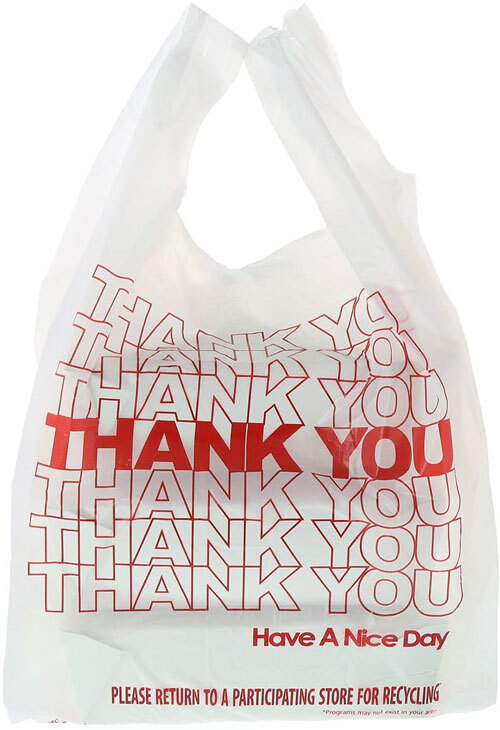Modifier out of Place?
Not infrequently, when you write, you need to modify something twice, and this can lead to confusion. What does that second modifier refer to—does it refer to that original thing or to something in the first modifier?
For example:
These frequently criticized single-use bags, which have made something of a comeback in the COVID-19 era, are the byproduct of natural gas extraction, effectively reusing ethane gas that would be otherwise wasted by turning it into plastic.

What does “by turning it into plastic” refer to? The bag, or ethane? Does it mean “wasted by turning it into plastic,” or does it mean “reusing ethane gas by turning it into plastic”?
The context of this essay makes it pretty easy to figure out what the sentence means, but the sentence jumped out at me because “by turning it into plastic” has to jump over the closest candidate, “wasted” to get to its referrent.
You can’t always do it, but when you use a modifier, try to make the modifier refer to the closest candidate.
Subscribe to this blog's RSS feed
Avoid Ambiguity—Always
Separable verbs have a certain amount of flexibility—sometimes you put both parts of the verb together and sometimes you can separate them. Here’s a sentence in a weather report that could go either way, but one way doesn’t make sense. Beware of this possibility when you write!
Gusty winds may also blow around unsecured objects.
So what’s blowing around? Does the wind go around the objects, or does the the wind blow the objects around?
The warning was issued April 26, 2020, so you don’t need to worry. It was pretty windy that day.
Here’s a picture:
Here’s the rule:
If it can be misunderstood, rewrite it!
Another Antecedent Problem
Here Dagwood offers his boss two antecedents to reply to. He spells them out in the second panel:
(Short versions: “promise,” or “get mad.”)
I see this pop up occasionally in conversations. And it’s not infrequently a source of conversational humor.
But when you write expositorily, try to avoid this ambiguity!
The Difference Between “Concise” and “Terse”
- Concise means you take out unnecessary words. For example, write “daily,” not “on a daily basis.”
- Terse means you take out too many words. Terseness introduces ambiguity.
Here’s an example of ambiguity caused by terseness:
The sign leaves out the possessive adjective that tells whose hands to wash. Readers shouldn’t have to pause to figure out what you mean. Say enough to remove ambiguity, but say no more.
This post first appeared on The Writing Rag.
Don’t Use Weak Verbs
If you can, avoid using “make,” “do,” and any form of “to be” in your writing. Those verbs are ambiguous, and ambiguity is the enemy of good writing. Except in poetry and lies.
Here’s an example with “make.”

I admit, the choices aren’t graceful.
- Manufacture them fast enough
- Engineer them to go fast enough
But what matters is that you not be ambiguous!

